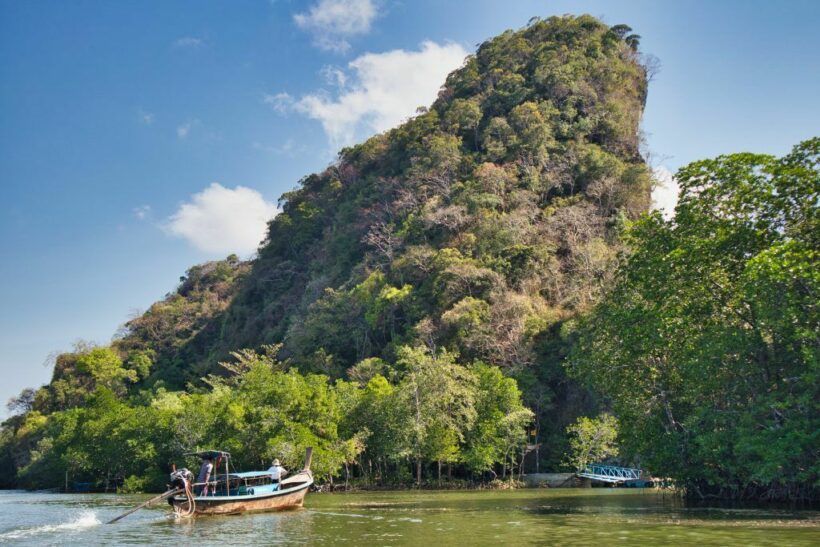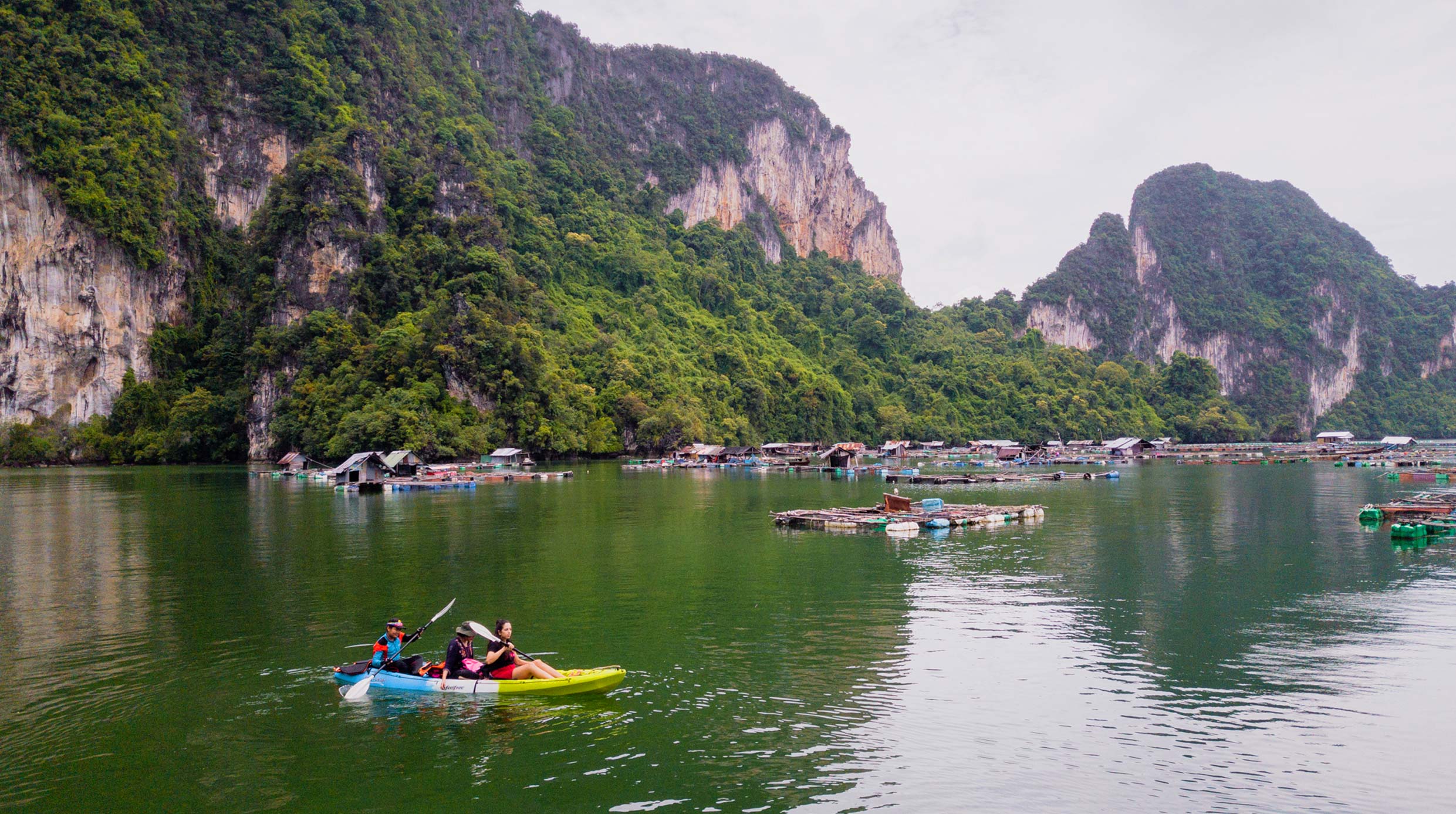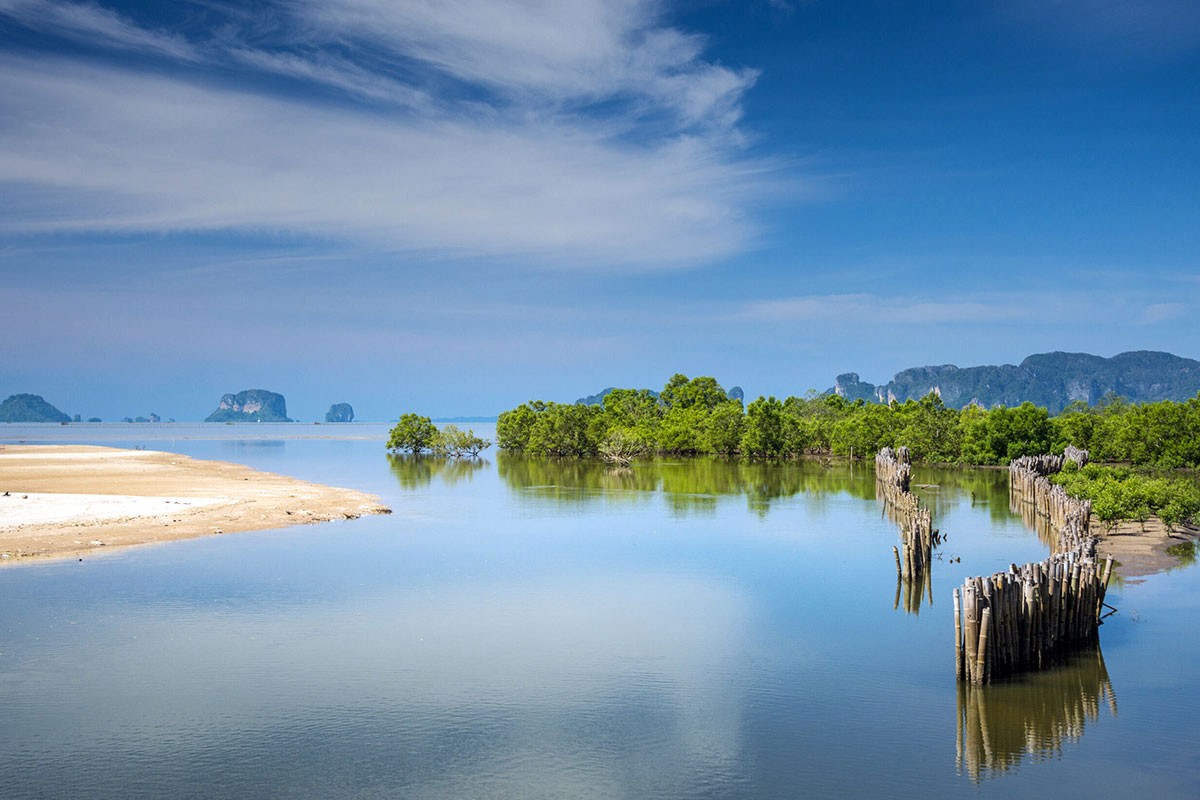Ecotourism: the future of Thailand

As Thailand is known worldwide for its stunning landscape and culture, travelling through the Kingdom has always been popular. Ecotourism may just be the future of travel to the Southeast Asian country, amidst climate change and increasing efforts in sustainable living. As ecotourism efforts not only benefit tourists and local communities, it benefits the environment. Countries can be supported with tourism revenue and use that revenue to build economies without hurting the environment. It seems like a win-win situation as mass tourism can also damage the environment. One such example of the effects of mass tourism is that of Maya Bay, which was closed to allow its ecosystem to recover after too many visitors left it damaged.
In 1996, the Tourism Authority of Thailand created the Thailand Tourism Awards as a way to recognise responsible and sustainable tourism efforts in the country. In 2019, the TAT presented 94 of those awards which recognise the best of Thailand’s travel industry for its deliverance of remarkable services and experiences to both local and international tourists. Among those 94 award-winners, were Ban Laem in Nakhon Si Thammarat, Koh Klang in Krabi, and Laem Sak in Krabi. These 3 areas won awards in community-based tourism and ecotourism. Their steadfast commitments to such tourism is something that has set the stage for others to follow.
Ban Laem
Just 20 kms from the downtown area of Nakhon Si Thammarat, the peaceful riverside community is known for its community-based and sustainable tourism. Such tourism includes participating in preserving the Ban Laem Mangrove Forest. The conservation community of the forest allows tourists to plant more mangroves, fish, fermenting rice in mud, artisanal crafting, and cloth dyeing. Tourists can learn about the sustainable culture, while giving a helping hand. They can also do a home-stay with a Thai family, which allows total immersion into the culture. Such homestays can also allow tourists to enjoy authentic, homemade food, and build special relationships with the families.
Regardless of whether you choose a home-stay experience, coming to Ban Laem will leave you enlightened by the warmth and friendliness of the Thai people. Their appreciation of your interest in their lifestyle and culture will be evident, along with learning more about yourself through the experience.

Laem Sak
In Krabi province, Laem Sak is a quiet and tranquil place that is quite unique from other places in the world. The fishing village is about 1 hour away from the Krabi airport by car. Limestone cliffs accent the area, which offer the perfect spot to meditate. The district is also one of the best places to experience authentic Thai cuisines.
Laem Sak is a great place to seek a community-based experience, as it is home to Muslims and Buddhists who live peacefully alongside each other for years. The harmony is evident as the locals enjoy living traditionally, which makes the surrounding environment much cleaner than an average village. Locals also look after both the land and sea, offering a great ecotourism experience. Here, you can learn how to plant orchids, grow seaweed, and enjoy the local Ao Nam shrimp paste and Batik cloth dyeing. Tourists can participate in a cloth dyeing workshop with one of the locals, and get to keep what they make during the workshop.

As Thailand’s islands are famous for their beauty and inspiration, Koh Klang is widely popular for its ecotourism trips. Here, you can visit the island, which is the closest to Krabi town, by long-tail boat from Chao Fah Park Pier in less than 10 minutes. The Koh Klang Community by Anda Krabi Sea Tour Co., provide guides that are both experienced and knowledgeable about the community and environment. They view tourists as family and it shows. Community tourism activities include model long-tail boat making, Batik cloth production, and morning fishing trips. Those who come back from Koh Klang often report that is is one of the most exceptional islands in the country.

Thailand certainly has many options for community-based and ecotourism that offer a glimpse into the future of the tourism industry as a whole. As the world is growing more environmentally conscious, curious, and respectful towards other cultures, such tourism is set to be the next big thing. Already on the rise, Thailand has many locations that have been recognised for their eco-friendly and sustainable efforts, with even more areas making the shift to such tourism after seeing the positive benefits for both locals, the environment, and tourists.
SOURCE: Thailand Insider
Latest Thailand News
Follow The Thaiger on Google News:


























